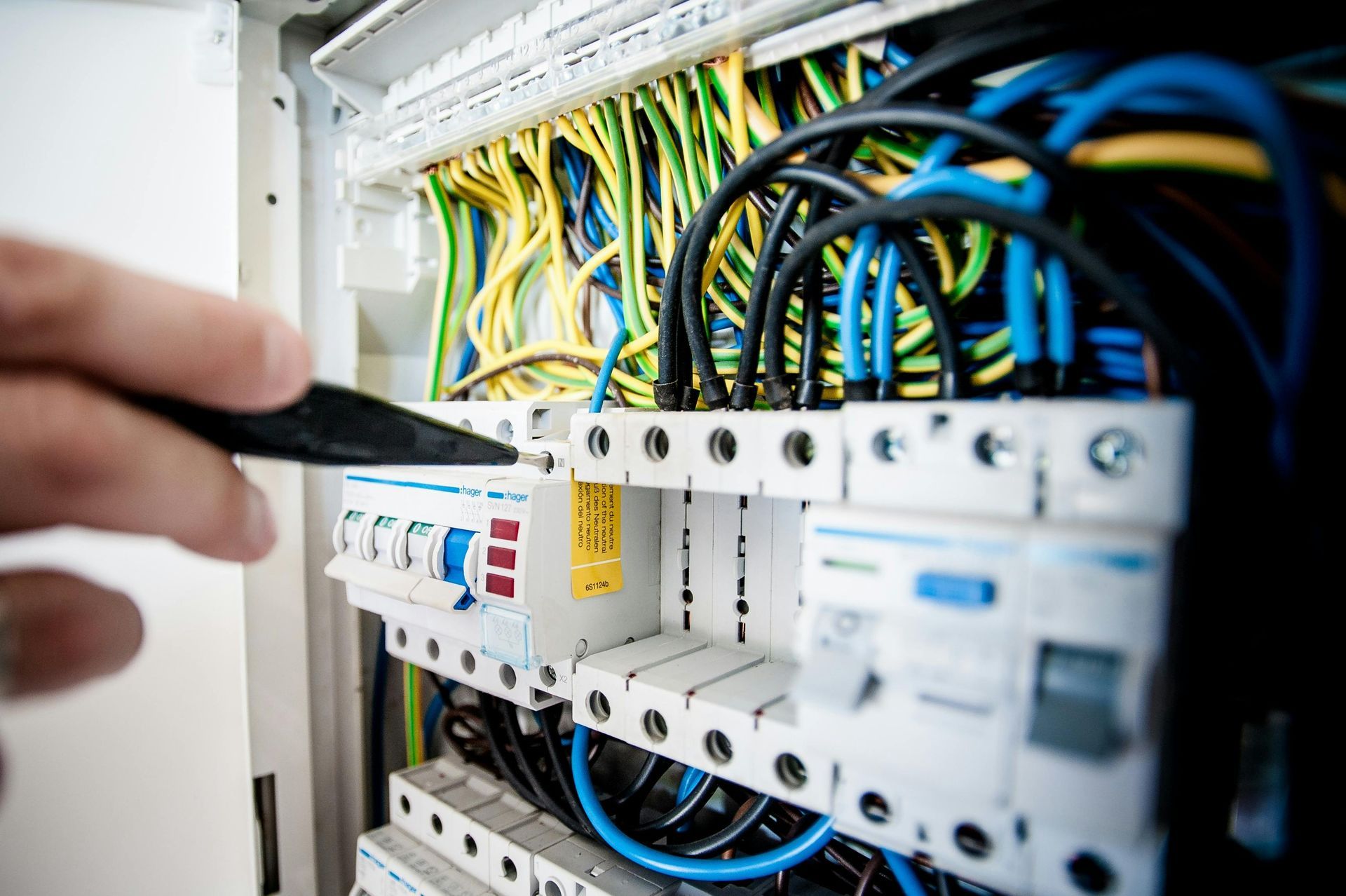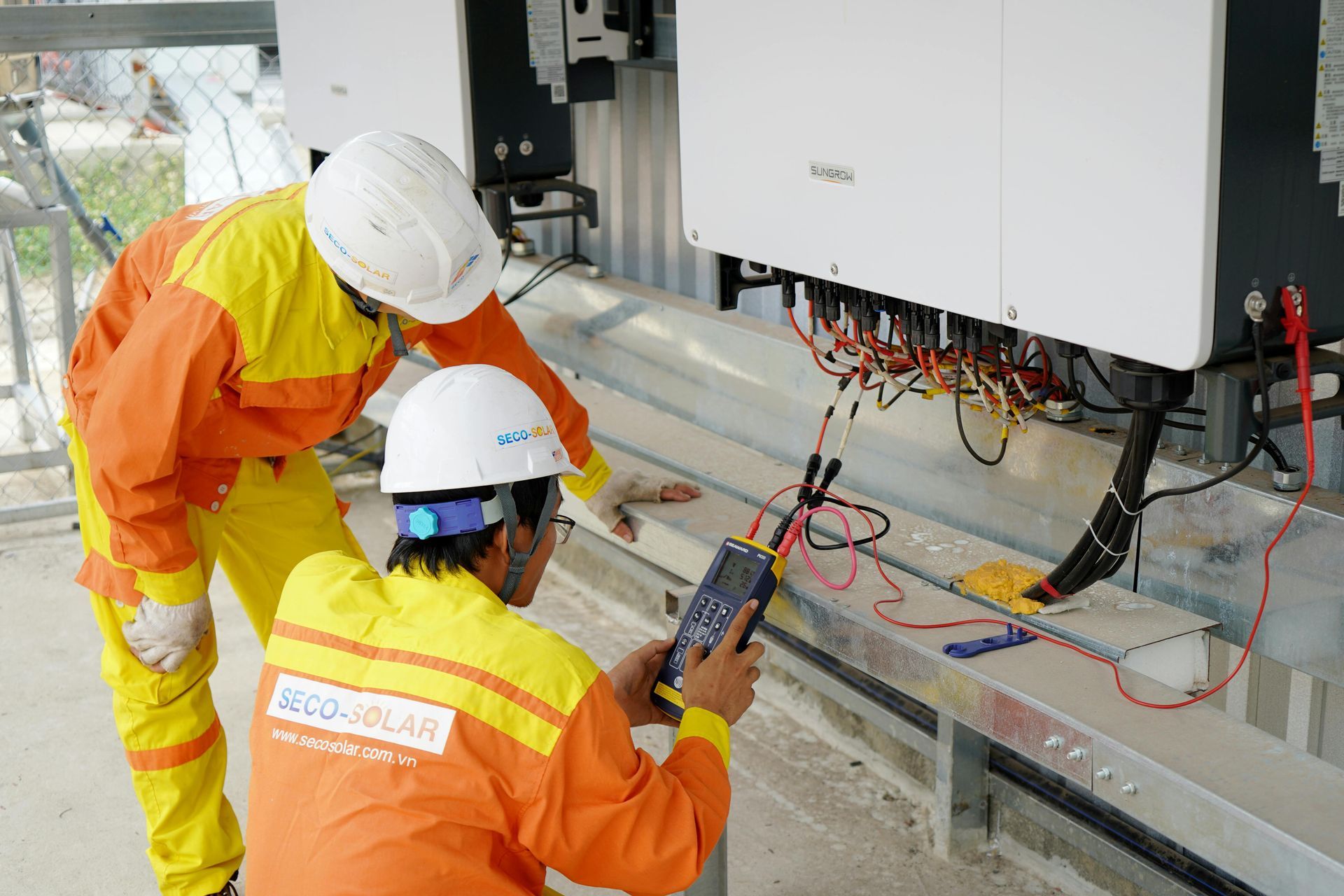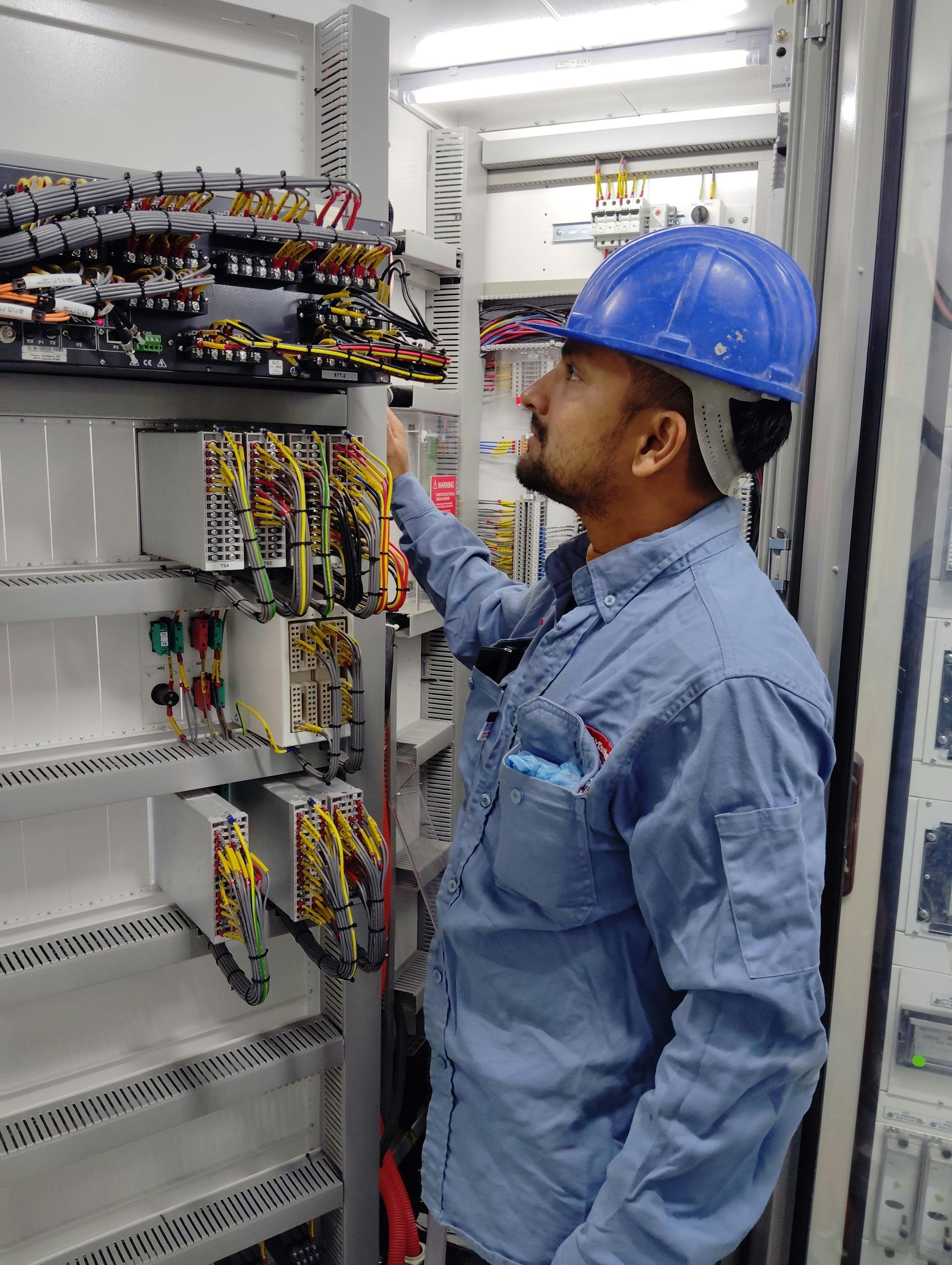Electrical Instrumentation
Certificate III in Electroinstrumentation
Electronic Instrument Trades Worker (342315) is currently on Australia's Medium and Long-Term Strategic Skills List (MLTSSL).
Electrical instrumentation technicians are responsible for diagnosing, repairing, and maintaining the electronic components that keep machines running efficiently and safely.
Today, many industrial companies use automated systems that replace human tasks with highly programmed electronic equipment.
Because these machines are used so frequently, they often malfunction. Therefore, it's essential to have qualified professionals to perform adjustments, upgrades, and repairs. The demand for instrumentation technicians is expected to grow significantly in the future.
Upon completion of the course, students will be qualified to work as electrical instrumentation technicians in Australia and will have practical skills in a variety of areas of the profession, including:
- Participate in instrumentation and control tasks, as well as activities to develop technical skills
- Apply health and safety standards and practices in the workplace
- Assemble, disassemble and manufacture parts for the utilities sector (such as energy and water)
- Troubleshooting direct current (DC) circuits
- Install and fix electronic equipment
- Interpret technical drawings, diagrams, schedules, standards and specifications
About the course
Duration: 12 to 24 months
Cost: Between $10,000 and $15,000 per year
Intake: Monthly
Cities: Gold Coast, Melbourne, Perth
Requirements
1) Students must be at least 18 years of age.
2) Academic requirement: Have completed the equivalent of Australian Year 10 (primary/secondary education) in the country of origin.
3) It is mandatory to present proof of your English level.
- Accepted tests: IELTS, PTE, among others.
- Example: IELTS with a minimum overall score of 6.0, and no band below 5.5 (or equivalent).
- The test must be valid (taken within the last 2 years) at the time of visa application.
- Some educational institutions offer an in-house English test (taken at the school itself) that can be used to prove the required level of English.
Exemptions:
You may be exempt from the English language requirement if:
– are a citizen and hold a passport from the United Kingdom, USA, Canada, New Zealand or Ireland.
– are enrolled in a major course that is a registered school course, an intensive English language course (ELICOS), a course registered to be taught in another language, or a registered postgraduate research course.
– have studied for at least 5 years in English in one or more of the following countries: Australia, United Kingdom, USA, Canada, New Zealand, South Africa or Ireland.
Job market
Potential Employment Forecast:
- Full-time electrical instrumentation technicians earn, on average, $1,348 per week.
- The average number of hours worked per week in this profession is 43 hours.
- Most of these professionals work in large companies in the construction, manufacturing or mining sectors.
- 81% of electrical instrumentation technicians hold full-time positions.
Higher Education Opportunities:
After the technical course, students can pursue studies in areas such as the Bachelor of Electrical and Aerospace Engineering.
Score to Immigrate
This is the minimum score that this profession was called in the last rounds of invitations for the 189 visa:
Electronic Instrument Trades Worker (ANZSCO 342315)
August 21, 2025: 95 points
November 7, 2024: 90 points
Information taken from the Home Affairs website.






